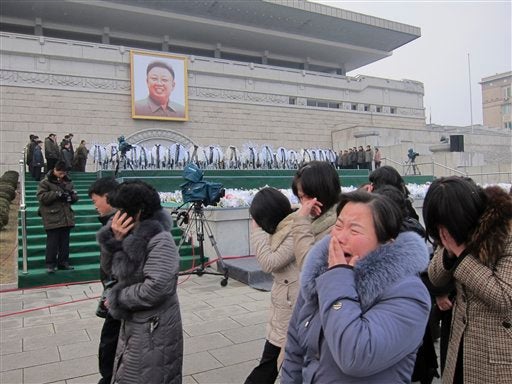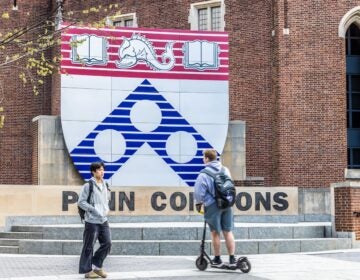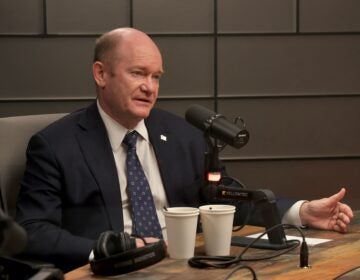North Korea after the ‘Dear Leader’ & effect on Asian diplomacy
Listen

Hour 1
The Asian political map rippled this week in the wake of the death of Kim Jong-Il, the “Dear Leader” who guided the hermetic Democratic People’s Republic of Korea – North Korea – since 1994 into and through famine, nuclear weapons testing and proliferation, belligerence and occasional kidnappings. The transition to an even more unknown third son, Kim Jong-Un, into some form of power-sharing agreement with the military, heralded a potential crisis in international diplomatic circles, with the two global superpowers, the United States and China, especially interested in the transition. Joining us to make sense of the news out of North Korea, and their implications for China-U.S. relations and Asian geopolitics, are AARON FRIEDBERG, professor of politics and International Affairs at Princeton University’s Woodrow Wilson School and Deputy National Security Advisor to Vice President Dick Cheney from 2003 to 2005. He’s the author of the new book, “A Contest for Supremacy: China, America and the Struggle for Mastery in Asia.” Also joining us is MICHAEL HIRSH, chief correspondent for National Journal and former longtime editor and reporter at Newsweek. He called the late North Korean dictator a “real-life Dr. Evil.”
Listen:
[audio: 122211_100630.mp3]
WHYY is your source for fact-based, in-depth journalism and information. As a nonprofit organization, we rely on financial support from readers like you. Please give today.





